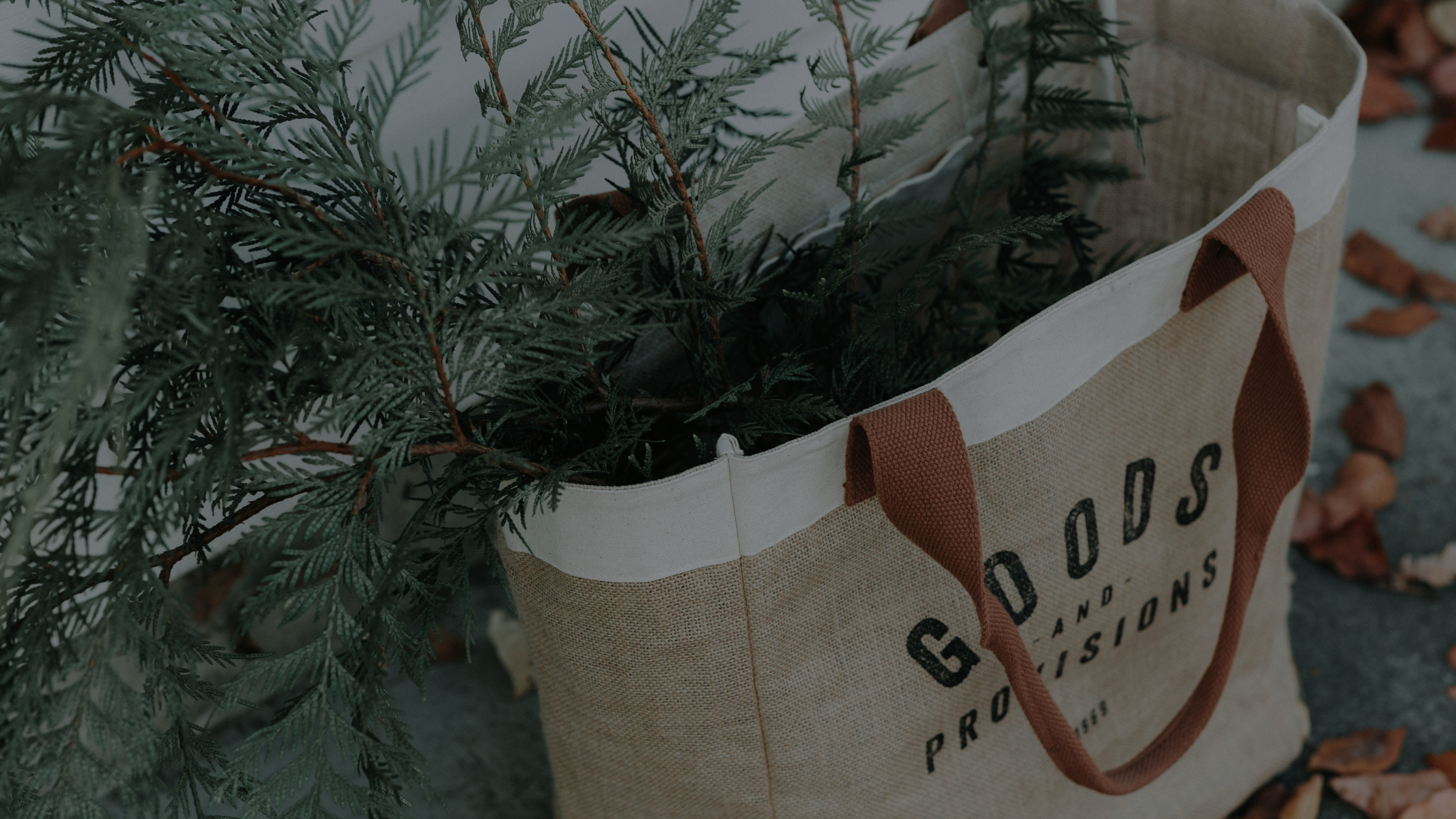From a young age, many of us are taught by our mothers that "a penny saved is a penny earned.” Scoring a good deal or finding something on sale often feels more satisfying than buying it at full price. Now, as I move further into adulthood and gain the freedom to choose where and how I shop, I realize that those early lessons still shape my habits. I find myself searching for the best items at the lowest prices—always looking to stretch a dollar. But at some point, we have to ask ourselves: where should we draw the line?
As I've learned more about sustainability and the impact of our consumption habits, I've become more conscious of the true cost behind cheap fashion. One of the biggest businesses many of us are familiar with is Shein, a company known for its rock-bottom prices. But those price tags come at a high human and environmental cost. The materials used are often low-quality, and barely survive a wear or two. Worse yet, many of these items are made in exploitative conditions, with workers, some of whom may even be our fellow Muslim brothers and sisters, subjected to grueling labor with little pay, no breaks, and unsafe environments. As an ummah united by shared values, this is not something we should knowingly support.
Another major issue with fast fashion is the enormous amount of waste it creates. Because these clothes are often poorly made, they don’t last long; many pieces end up in landfills after just a few wears. Globally, the fashion industry is responsible for millions of tons of textile waste every year, much of which is non-biodegradable and contributes to pollution. Items made from synthetic materials like polyester can take hundreds of years to break down, leaching microplastics into our soil and water in the meantime. When we support fast fashion, we’re not just harming workers—we’re harming the planet too.
Instead, we can choose to invest in brands and organizations that prioritize ethical labor practices—companies that pay fair wages, treat workers with dignity, and operate in ways that are halal and humane. These brands often use higher-quality materials and put greater care into their production process. The result? Clothing that lasts longer, feels better, and aligns with our values.
One of the best ways to start this shift is by supporting small businesses. Yes, the price might be a little higher upfront—but what you get in return is clothing that’s built to last and made with intention. For something I plan to wear many times, that kind of investment feels more than worth it.
Investing in ourselves doesn’t just mean taking care of our personal needs—it also means making choices that uplift others. By supporting ethical brands, we're not only getting better quality for our money—we're helping to build a better, fairer world.
Achieving this shift is simpler than it seems—it all starts with building healthy habits. For me, one of the first steps was changing the kind of content I viewed. I began following creators whose values aligned with mine, especially around fashion and sustainability. Replacing the influencers who promoted constant consumption with those who encouraged mindful shopping helped me feel more grounded and like a better version of myself.
Another approach I’ve found meaningful is investing in others—specifically, small businesses. These businesses are often more open to feedback and ideas, especially from their own communities. When you voice the kinds of items you’d like to see, you're not only helping shape their future drops, but also giving yourself the chance to support ethical alternatives. It’s a great way to break away from the cycle of fast fashion and still find pieces that you love and believe in.



Leave a comment